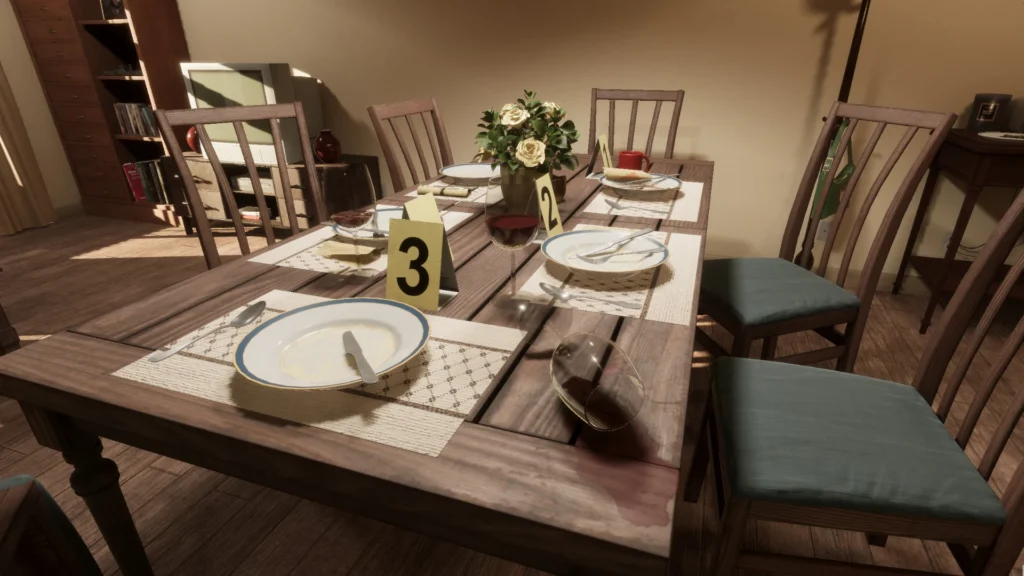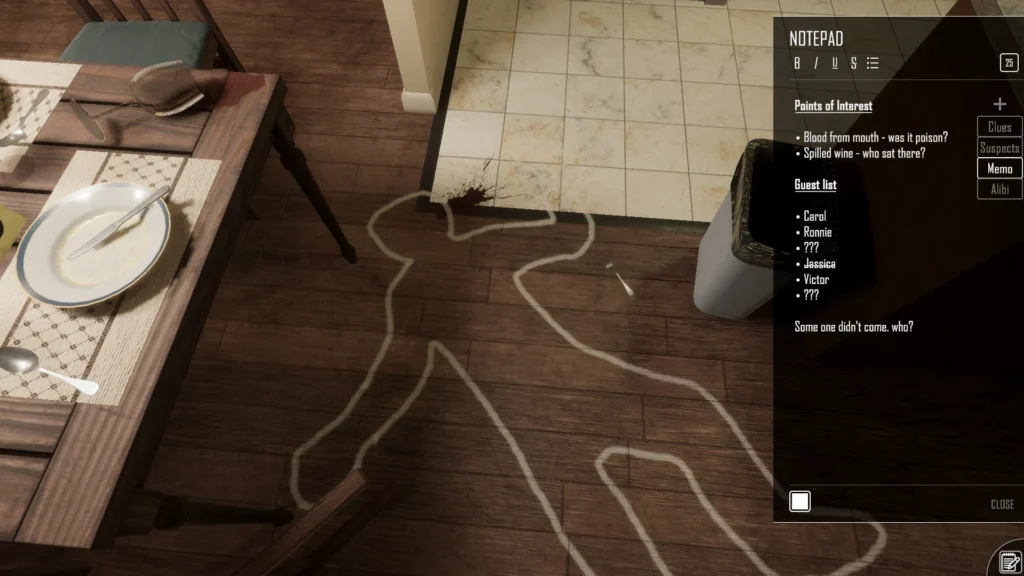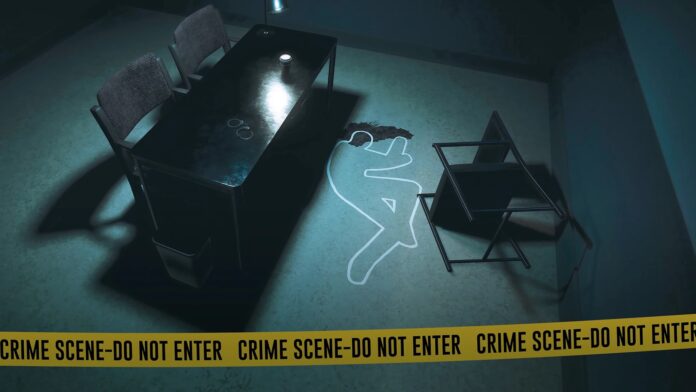It may have been born out of necessity, but after two successful murder mystery games EQ Studios can now be considered somewhat of a specialist in this particular genre. Still, Fery Tomi, Director of the Las Vegas based studio, wants to keep all options open for the next project. “Although the mystery investigation genre is a strong contender, we are open to other game ideas as well.”
The reason EQ Studios focused on murder mysteries is that when the team started back in 2013, they felt their choices were limited. “We were short on talent and experience”, says Tomi. “Rather than being too ambitious, we decided to find a comfortable genre and work within our strengths.” This decision gave rise to The Painscreek Killings, a walking simulator detective game with a strong narrative focus. “We started with something small – to find out the identity of the killer. But over the course of development, the narrative grew. This led to a total of seventeen fully fleshed-out NPCs scattered across an entire village.”
Ideas for the game’s content were inspired mainly from movies and TV shows, while the game designs came from the games the team loves to play, like Everquest for the open world concept and The Vanishing Hitchhiker for the atmosphere. “All the murder scenes are fictional”, assures Tomi. The Painscreek Killings uses a ‘breadcrumb’ system for its gameplay, one that allows players to continue their investigation whenever they pick up a clue.
Keen observation
The recently released second title Scene Investigators on the other hand, leans heavily on keen observation, filling in the missing gaps, looking for motives when they aren’t there, and coming up with a number of hypothesis testing in order to solve the case. Presented as a test, players have to solve a set of preconstructed crime scenes to become a licensed investigator. “For Scene Investigators, we had different designers designing the case files”, explains Tomi. “Some started from a puzzle standpoint. Others started with a theme. We welcomed the different ideas and incorporated them into the full game.”

Reflecting on the development process, Tomi acknowledges the challenges of guiding young team members tasked with creating their own game design. “There isn’t one solution to everything, but we try to do the right thing, have patience, be open and honest with each other”, he says. Nurturing a collaborative mentality and prioritizing the team over individual pride emerged as crucial lessons learned during development.
The 70/30 Formula
Tomi underscores the significance of people as the best investment in the industry. “It’s the hardest to do, yet most rewarding at the same time,” he reflects. “When they go through thick and thin with you over the years, and despite all the difficulties and obstacles, you can’t help but feel grateful to them.”

The key feature of Scene Investigators is the 70/30 formula, or hypothesis testing. This feature is designed in a way where 70% of the evidence might be presented in the crime scene, but the other 30% are nowhere to be found. As an investigator, players will have to fill in the missing gaps, trust their gut-feelings and make smart, calculated assumptions. This feature differentiates Scene Investigators from other detective-type puzzle games, and caters strongly for true crime lovers.
Packed throughout
While both games are single player only, the team recommends playing them together with a friend. Tomi explains: “When we showcased Scene Investigators at PAX East, we had a live setup demo that was packed throughout the four days. Participants were really enjoying themselves, sharing and cross-referencing their deductions with one another to solve the cases. During our in-house play-tests, we also realized that if there’s someone we could share our investigation with, they might spot the mistakes we made in our deductions, thus allowing us to progress further towards solving the game.”

Work on Scene Investigators is still going on, according to Tomi. “At this moment, we are listening to the community feedback and see how we can improve the game so more people can enjoy it.” But the team is also looking for that next project. “The launch of Scene Investigators is currently able to keep us moving forward, and we are grateful for that. We have multiple ideas but a small crew, so we have to consider which game project to go for. Although the mystery investigation genre is a strong contender, we are open to other game ideas as well.”

